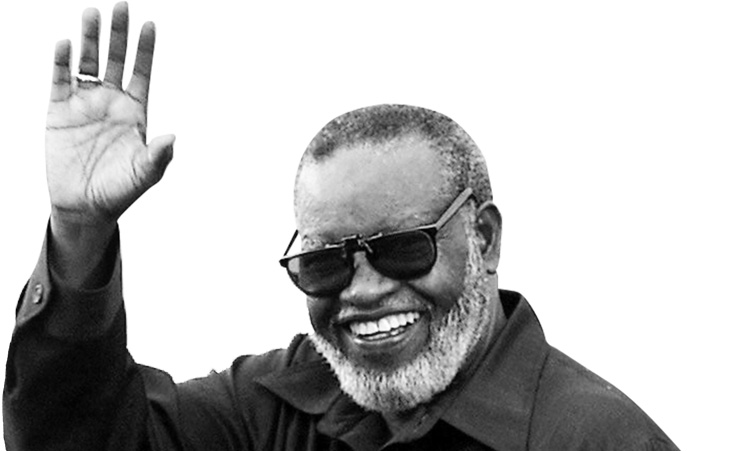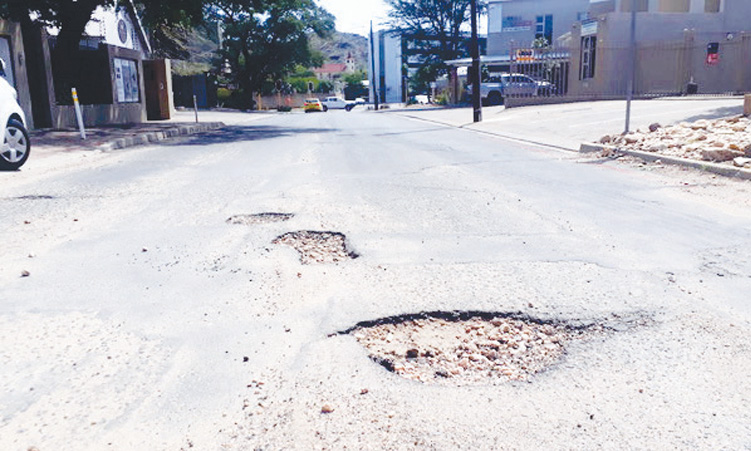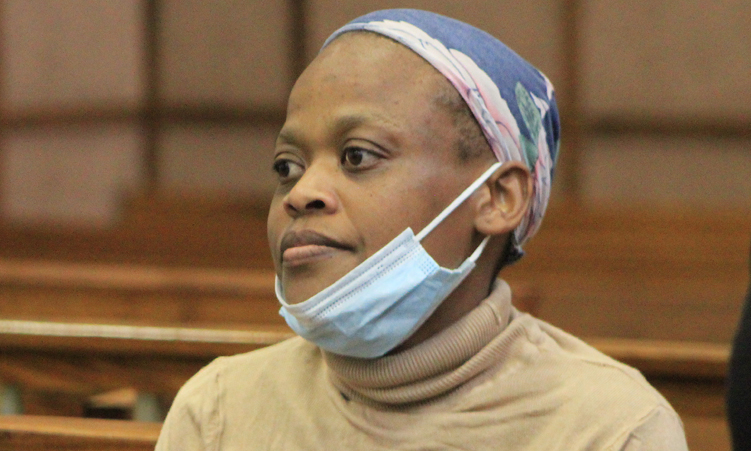On 21 March 1990, a new Namibia was born.
Twelve days later, I would be born in a small place called Okahao – a district that produced the country’s first head of state.
When the news broke yesterday morning that the founding president died, I started having vivid recollections of my childhood.
In fact, my mother called and without greeting me, asked: “Otolilii?” (Are you crying?)
As a child, I was first introduced to Sam Nujoma during elementary school at Okahao Finnish Missionary School.
This must have been around 1997, and by then, Nujoma had already been in power for seven years.
Later, I would learn that Nujoma attended the same school, as well as other key figures such as Saara Kuugongelwa-Amadhila.
At school and Okahao in general, the name Sam Nujoma would frequently be spoken about.
President Nujoma would frequently come to Okahao for official events, Swapo rallies and sometimes to visit his mother (Kuku GwaKondo) at Etunda, which is a stone’s throw away from Okahao.
Nujoma had a bright smile and a presence.
When he walked into a place, he exuded charisma and commanded respect.
During his frequent visits to Okahao, he attended church services, like all of us. But I didn’t understand the full extent of how important Nujoma was until I noticed how protected he was.
I would notice a convoy of government vehicles and men leading him to the car eventually driving him home.
Back at home, I was always curious about why the man was so special.
My late great grandmother Kuku Gwaanda then explained to me that Nujoma is “GwaKondo’s son, who brought us independence and that is their homestead”.
She would point to a small hill that separated the neighbourhoods.
Nujoma was admired, worshipped and praised.
In fact, I would later learn that he is nicknamed ‘Okapembe’ – a name associated with his white beard.
By the time I left Okahao for Walvis Bay at the age of 13, I learned that Nujoma was loved by everyone, regardless of where they came from, the language they spoke, or what they did for a living.
They loved and wished Nujoma well.
He walked the path of courage and fortitude.
Being born during Nujoma’s presidency is more than just being part of a generation of ‘born frees’.
My great grandmother named me Lyamanguluka, meaning independence or freedom.
This means I have not experienced apartheid or racial segregation, all thanks to the selfless sacrifices of leaders like the late Nujoma, Andimba Toivo ya Toivo, Nathanael Maxuilili, Patrick ‘Lunganda’ Iyambo, Hendrik Witbooi and Hosea Kutako.
The sole fact that Nujoma hails from Okahao gave me the confidence and belief that I can do and be anything in this world, as long as I work hard and treat people with utmost respect.
In 2017 – 13 years after leaving office, my former editor, Kuvee Kangueehi, sent me to collect documents from Nujoma’s office.
While there, his former aide, John Nauta, granted me access to the founding president.
Nujoma was jovial, wearing his bright smile and in good spirits. I greeted him in deep Oshingandjera, and the rest was history.
As a journalist, I would travel to his Etunda farm near Otavi to provide media coverage of his birthday celebrations.
I made use of those opportunities to engage him on different topics.
Nujoma was always happy to receive people.
I remember him as a man who laid the foundation for democracy, unity and national advancement, inspiring generations to uphold the principles of justice and self-determination.
His legacy will endure in the annals of history and in the hearts of many of us.
You rest now with others who have made their mark on their countries, the continent and the world.
- – Sonja Smith is an award-winning investigative journalist and master’s degree candidate at Stellenbosch University. She writes in her personal capacity.
Stay informed with The Namibian – your source for credible journalism. Get in-depth reporting and opinions for
only N$85 a month. Invest in journalism, invest in democracy –
Subscribe Now!










